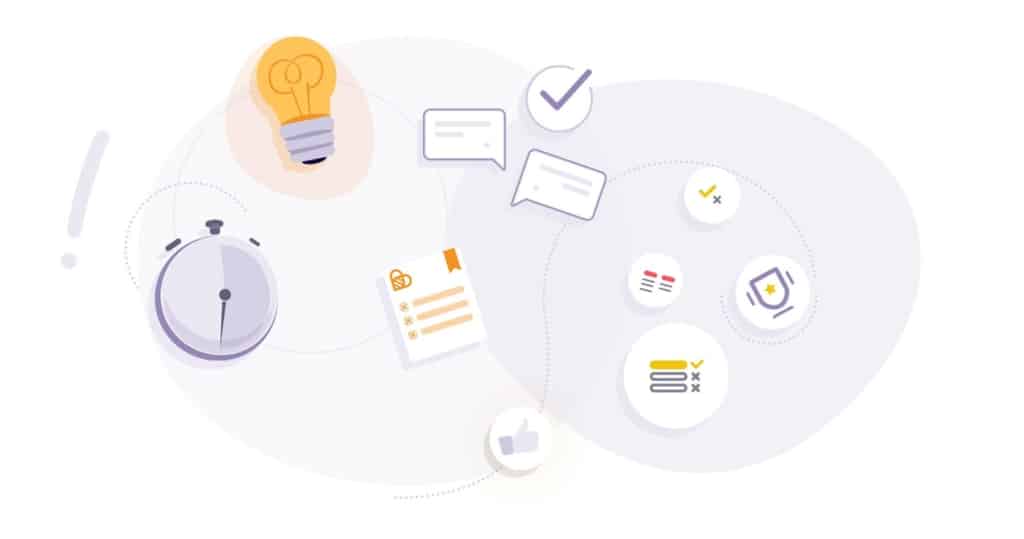In order to be more efficient and self-sufficient, an employee always needs to keep up with new developments in their position, improve their expertise, and acquire new skills.
This is where “upskilling” comes in, giving employees the opportunity to master a subject through training, tools, and the sharing and exchanging of knowledge.
What is upskilling or professional skill development?
Upskilling refers to the practice of training individuals to improve their professional performance in their current roles.
Implementing an upskilling program can help employees thrive in their careers by equipping them with the necessary technical skills to take on new challenges and advance in their professions.
Skill development not only helps retain employees but also establishes a learning culture within the company. Upskilling can take many forms, including:
Remote or in-person training.
- Candidates may be able to take a training course at their own pace if it is available asynchronously.
- An employee can also work with a more experienced person on their tasks to improve their skills.
Reskilling refers to the process of acquiring new skills or qualifications to meet changing job requirements, either for a new hire or for an existing employee whose job duties have evolved.
When hiring, employers prioritize soft skills such as interpersonal abilities. For current employees, skill development can enhance their confidence and contribute to the company’s success.
The Covid-19 pandemic has highlighted the importance of work-life balance, leading some highly skilled individuals to choose freelancing, which in turn reduces the available talent in the job market.
To combat talent shortages, HR can initiate training programs to help employees acquire new skills that align with the company’s evolving needs.
By implementing a reskilling strategy, the company can ensure its workforce has the necessary expertise to meet job demands. This approach is a win-win solution that benefits both the company, which can fill vital positions with qualified talent and employees, who gain valuable skills to further their careers.
8 tips for developing upskilling and reskilling:
Upskilling is an essential component of professional growth, and therefore, it is imperative to adopt an effective, individual-centered approach to upskilling and reskilling. To support this effort, consider these tips for developing a successful program:
- Assess skills: It is essential to assess the skills of your employees to identify the strengths and weaknesses of each person.
- Create a development plan: Once you have assessed the skills of your employees, create a development plan that addresses their needs and is aligned with the company’s goals. An individual professional skills record can be an effective tool for assessing their level.
- Assess individual skill needs: Gain insight into each employee’s development goals by soliciting their input.
- Align with company objectives: Ensure that skills development aligns with your company’s goals by setting clear, achievable targets and expectations.
- Select appropriate tools and resources: Choose the most effective tools and resources to support upskilling efforts, including technology and online learning platforms.
- Leverage strengths: Emphasize and build on each employee’s existing strengths to drive engagement and motivation.
- Foster skill sharing: Encourage knowledge sharing and collaboration to maximize the impact of upskilling initiatives.
- Promote autonomy: Encourage employee ownership of their development by granting them the autonomy to drive their own learning.
- Conduct regular check-ins: Establish a process for ongoing feedback and coaching to track progress and provide support.
To achieve your upskilling and reskilling goals, you need a robust and effective solution. Our Beekast tool is designed to meet that need. With its ability to train and assess your team’s skills both in-person and remotely, you have the flexibility to meet your team where they are.
Additionally, our engaging and interactive activities, such as polls, the weather report, and quizzes, make training sessions dynamic and enjoyable, ensuring a high level of participation and retention. Invest in your team’s growth today and see the positive impact it can have on your business tomorrow.

